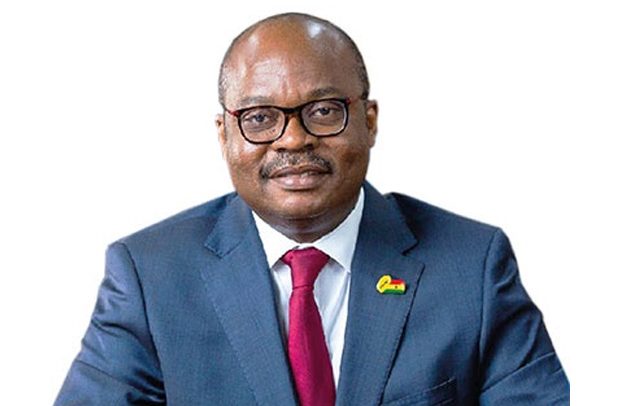Dr. Ernest Addison
Ghana’s External payment position has strengthened significantly in the last eight months of 2024, with a provisional trade surplus of $2.78 billion, surpassing the $1.66 billion surplus recorded in the same period last year.
Gold and Oil Exports Drive Growth
The surge in gold exports, up 62.2% to $7.27 billion, and crude oil exports, up 16.7% to $2.77 billion, primarily drove this growth.
However, cocoa exports fell 42.7% to $917.8 million due to extreme weather conditions.
Imports Rise
Total imports increased by 14% to $10.14 billion, with oil imports rising 3.6% to $3 billion and non-oil imports up 19% to $7.1 billion.
Despite this, Ghana’s international reserves grew by $1.58 billion to $7.50 billion, equivalent to 3.4 months of import cover.
Cedi Stabilizes, Inflation Eases
After facing pressure in May and June, the exchange rate has stabilized, with the Ghana cedi depreciating 24.3% against the US dollar from January to September 2024. However, the depreciation slowed to 7.1% in the second half of the year.
Headline inflation has declined for five consecutive months, with core inflation dropping sharply.
Monetary Policy Rate Slashed
Given these positive trends, the Monetary Policy Committee reduced the policy rate by 200 basis points to 27%.
The committee expects inflation to continue easing towards the 13-17% target range for 2024 and eventually reach the medium-term target of 6-10% by 2025.
Positive Outlook
Ghana’s economy is projected to maintain its growth momentum, driven by construction, consumption, gold and crude oil exports, and private sector credit extension.
The balance of payments is expected to achieve a surplus by year-end, fueled by increased exports, remittances, and lower government external payments.
Next Monetary Policy Committee Meeting
The next MPC meeting is scheduled for November 20-22, 2024, with the policy decision announcement on November 25, 2024.
BY Daniel Bampoe


